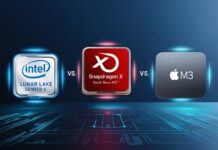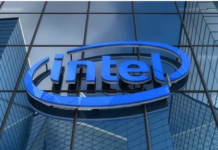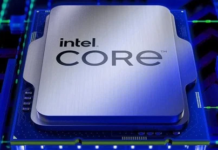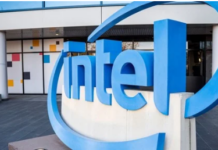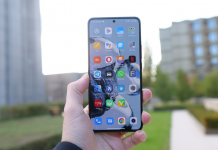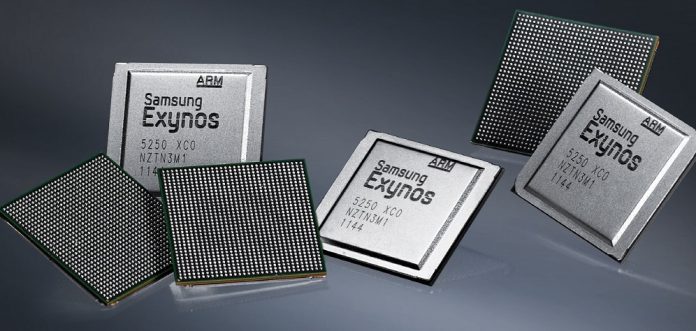It seems according to the latest rumors that Samsung is looking to expand its scope of influence regarding its processors. Its Exynos could thus be integrated into the products of third-party manufacturers, notably the 8870.
The latest information on this subject is in line with previous releases: Samsung feels sufficiently attacked to enter the arena of major processor providers i.e. Qualcomm, MediaTek, Intel and Nvidia. The Korean is reportedly offering its Exynos-stamped components to other manufacturers.
Just last month, there was talk that the Canadian BlackBerry will soon introduce one of these new mobiles powered by an Exynos chip. Also, we know that Samsung and Meizu are in a partnership perspective. A new Meizu model is expected under Exynos very soon. The direction taken gradually therefore suggests a more extensive presence of these processors than before.
Let’s keep in mind that these are just rumors at the moment. Samsung has been designing processors for almost 10 years, a change of direction initiated with its first Hummingbird range. These years will likely have represented the necessary gestation period before making the leap and flying on its own, giving greater freedom to its components that were previously confined to home products (with rare exceptions).
The Meizu M9 and Pro 5, the Lenovo K860 were already equipped with the Hummingbird processor, now we could soon see smartphones of all brands under Exynos. The manufacturer clearly no longer has any reluctance to put its SoC division on the same level as its mobile division.
In this way, the most persistent rumors would have the Exynos 8870 come to equip a possible Meizu Pro 6. This chip is presented as a clone of the impressive 8890 Mongoose except that the clock frequency has been lowered.
No further details were given as to any other differences or similarities between the two models. The Exynos 8890 is expected to be part of the Galaxy S7 and S7 Edge. The 8870 would have recorded a score of 2000 points at GeekBench although no evidence was provided.
via


